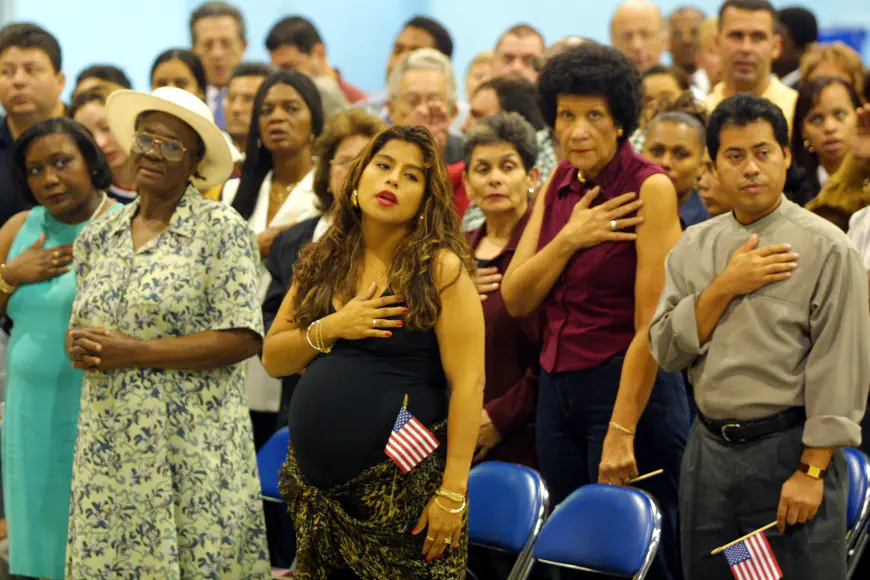Florida is the third-most diverse state in the US, report says
Florida has a new title to add to its belt. According to a WalletHub report: it’s the third most diverse state in the U.S. And though South Floridians may automatically assume that diversity is ethnic and racial, that’s only part of the story. Read on to find out how Florida fared in different diversity rankings across the country and which state took the #1 spot. Breaking down the data WalletHub’s report takes a few dimensions into account when determining diversity. They are: socio-economic, cultural, economic, household, religious and political. But we can break these down further. Under the cultural diversity umbrella is where we’ll find racial, ethnic, linguistic and birthplace diversity. Economic diversity considers industry, occupational and worker-class diversity. And household diversity factors in marital-status, household-size, generational and household-type diversity. Where does Florida rank? Besides being the third-most diverse state in the U.S., “one area where it stands out is that it has the second-most birthplace diversity. Over 21% of the population was born in a foreign country, a much higher percentage than in most states,” a WalletHub analysis says. Close to 30% of Florida residents speak a non-English language at home, the report says. The Sunshine State can also boast that it is the fifth-most culturally diverse, seventh-most diverse by household and fifth-most politically diverse, which WalletHub says “reflects how close past elections have been.” If you thought it would rank higher, perhaps it would be helpful to check out the states that clinch the top spots. The most diverse states in the U.S. For overall diversity, Florida came in behind California and Texas, which took the #1 and #2 spots, respectively. It is significantly less socioeconomically diverse than these two states (Florida is #20, California is #3 and Texas is #4), and less economically diverse. And the title of least diverse overall goes to West Virginia, which ranks at the very bottom in the socioeconomic and cultural diversity categories. See all the data here.

Florida has a new title to add to its belt.
According to a WalletHub report: it’s the third most diverse state in the U.S.
And though South Floridians may automatically assume that diversity is ethnic and racial, that’s only part of the story.
Read on to find out how Florida fared in different diversity rankings across the country and which state took the #1 spot.
Breaking down the data
WalletHub’s report takes a few dimensions into account when determining diversity.
They are: socio-economic, cultural, economic, household, religious and political.
But we can break these down further. Under the cultural diversity umbrella is where we’ll find racial, ethnic, linguistic and birthplace diversity.
Economic diversity considers industry, occupational and worker-class diversity.
And household diversity factors in marital-status, household-size, generational and household-type diversity.
Where does Florida rank?
Besides being the third-most diverse state in the U.S., “one area where it stands out is that it has the second-most birthplace diversity. Over 21% of the population was born in a foreign country, a much higher percentage than in most states,” a WalletHub analysis says.
Close to 30% of Florida residents speak a non-English language at home, the report says.
The Sunshine State can also boast that it is the fifth-most culturally diverse, seventh-most diverse by household and fifth-most politically diverse, which WalletHub says “reflects how close past elections have been.”
If you thought it would rank higher, perhaps it would be helpful to check out the states that clinch the top spots.
The most diverse states in the U.S.
For overall diversity, Florida came in behind California and Texas, which took the #1 and #2 spots, respectively.
It is significantly less socioeconomically diverse than these two states (Florida is #20, California is #3 and Texas is #4), and less economically diverse.
And the title of least diverse overall goes to West Virginia, which ranks at the very bottom in the socioeconomic and cultural diversity categories.
What's Your Reaction?









































































































